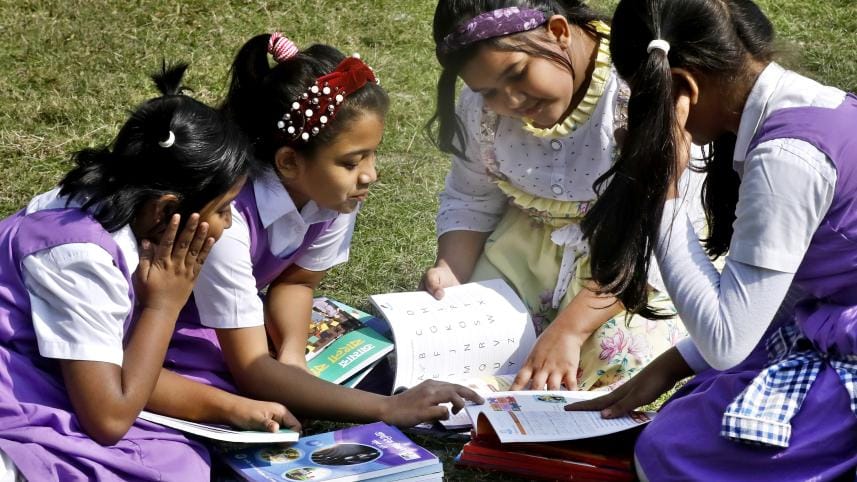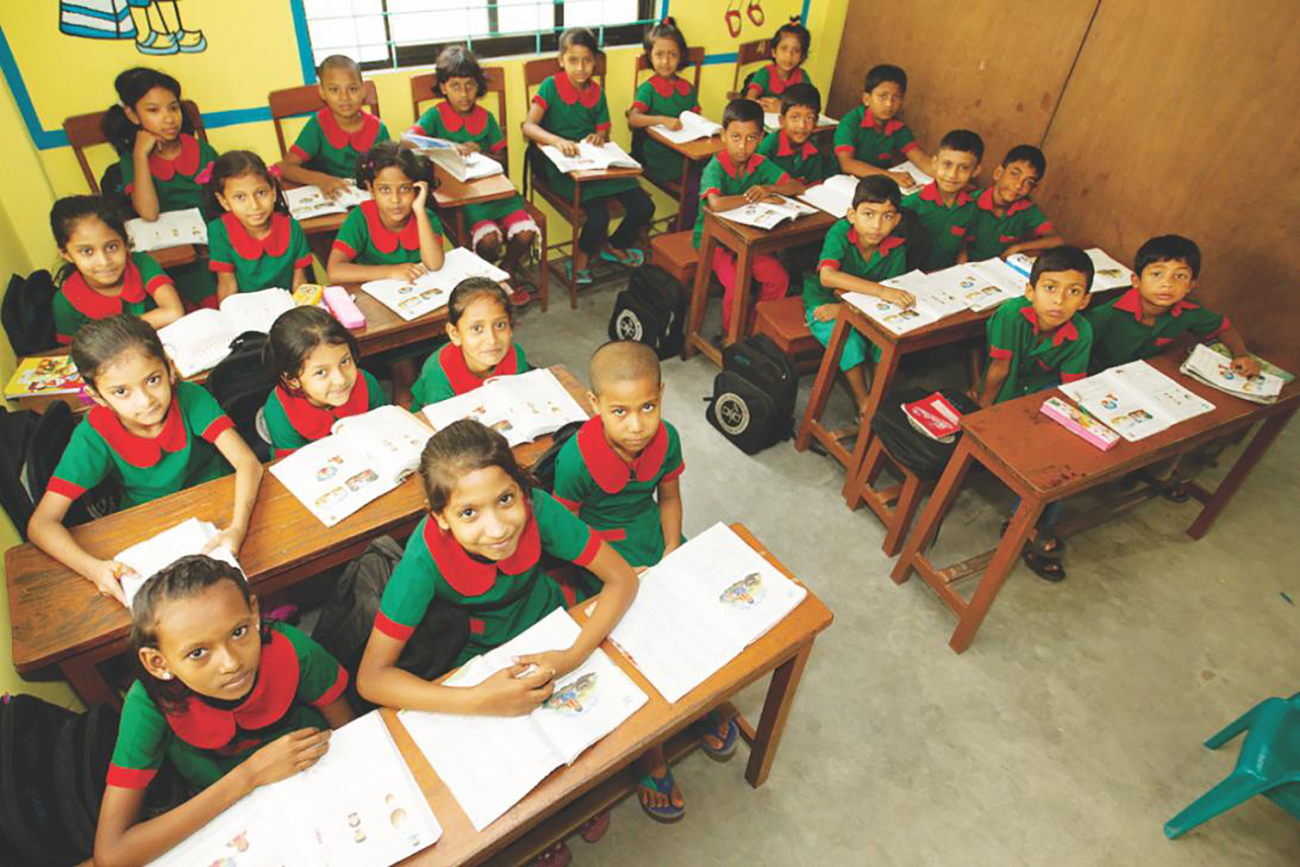Quality training crucial for primary school teachers

Over the last few decades, remarkable progress has been made in the field of primary education in Bangladesh. Large numbers of teachers have been recruited and the present student-teacher ratio is 54:1, but quality remains an issue, and is one of the main barriers to achieving Sustainable Development Goal (SDG) 4.
With the aim of increasing the quality of teaching and learning activities at the elementary level, training programmes of primary school teachers were re-visited, reviewed, and subsequently redesigned. The Certificate in Education was cancelled and the 18-month Diploma in Primary Education (DPEd) programme was developed following the ways of international teacher training standards.
The DPEd was launched in all Primary Teachers Training Institutes (PTIs) in Bangladesh between 2012-2017. A major goal of the DPEd programme was to develop basic theoretical and practical knowledge about the teaching profession so that teachers' attitudes and abilities could reflect professional commitment and competencies.
I had the opportunity to review and analyse the objectives, goals, frameworks, contents, resource materials, and delivery mechanisms of the DPEd programme to evaluate its effectiveness.
Based on the data collected from the field and the opinions of stakeholders, I made recommendations to strengthen and improve the DPEd programme. I emphasised on keeping the duration of the DPEd unchanged, as opposed to the recent proposal from the Directorate of Primary Education to reduce it to four to six months.
It was clear that all stakeholders supported the 18-month duration to be appropriate as a good initial teacher training timeframe and applauded the DPEd programme launched by the government.
But why are we thinking of reducing the training period? Is there a logical reason behind this?
It is not mandatory to have a professional degree to be employed as a teacher in Bangladesh. Candidates can participate in the job recruitment process with certain qualifications/degrees in general education. After passing the exam, they get a job and then can receive professional training, which has a profound influence on their teaching career. New recruits have no idea about the learning process. Because of a lack of pedagogical knowledge and skills, they are unable to provide quality teaching to students at the pre-primary to primary levels. As a result, the quantitative expansion of primary education in this country does not reflect the quality of classroom learning activities. Student learning outcomes/achievements are not permanent, and this justifies the importance and necessity of the DPEd programme.
Teachers teach students from pre-primary to primary levels without having much pedagogical training. But this period is the most important of one's entire education. Teaching needs at this level are therefore highly complex and challenging. How can untrained teachers do this job properly? They need to be introduced to various theories of learning and teaching techniques. They need intensive training, observation, monitoring, and mentoring to acquire the right teaching skills.
Without reducing the duration of the DPEd training programme, we need to instead think about how to make it more effective and fruitful. Where intervention is required, it must be carried out. And discussions must be held with different stakeholders. It is important to understand the essence of their opinions and implement their ideas without being bound by them.
Workshops should be organised at a national level. Formulating a national policy on the training of primary school teachers, with the consultation of all concerned (teachers, students, PTI trainers, trainees, NEP, IER, DU and other educational agencies), is essential.
The DPEd programme should be restructured and rearranged in line with the new educational policy, curriculum, and textbook evaluation system. If this measure is not taken, the current mindset about primary teachers' training in Bangladesh will keep disappointing people. Moreover, Bangabandhu's dream of building a Shonar Bangla, the historic declaration of the nationalisation of primary education immediately after independence, and his educational philosophy and directions regarding education will remain elusive.
Salma Akhter is former director of the Institute of Education and Research at the University of Dhaka.



 For all latest news, follow The Daily Star's Google News channel.
For all latest news, follow The Daily Star's Google News channel. 

Comments